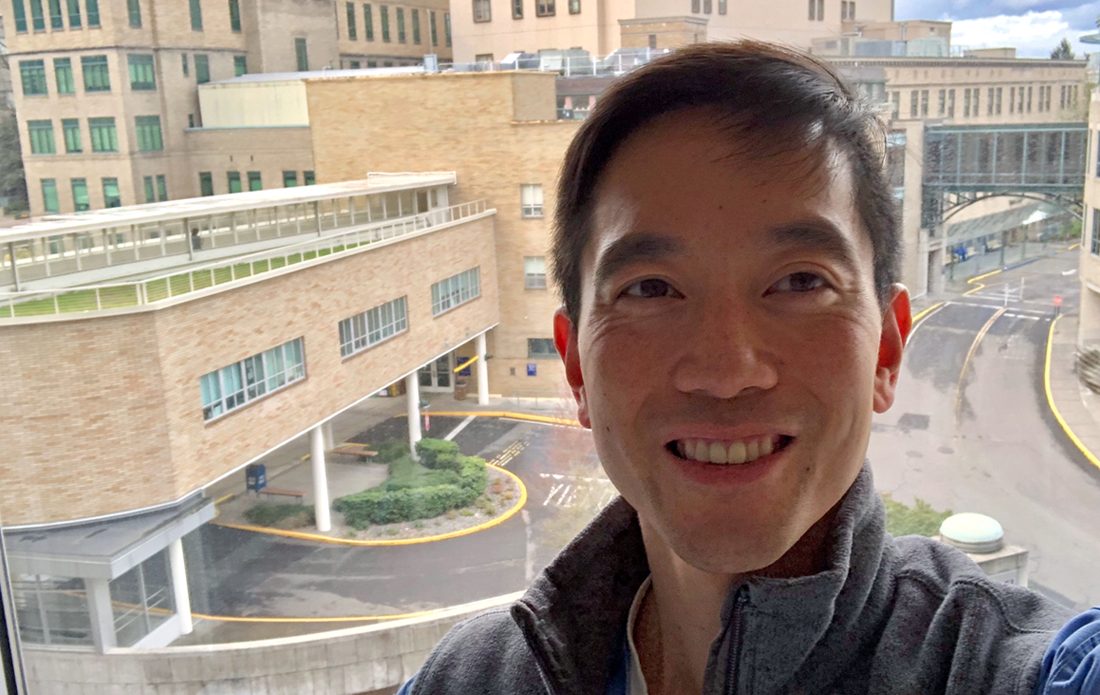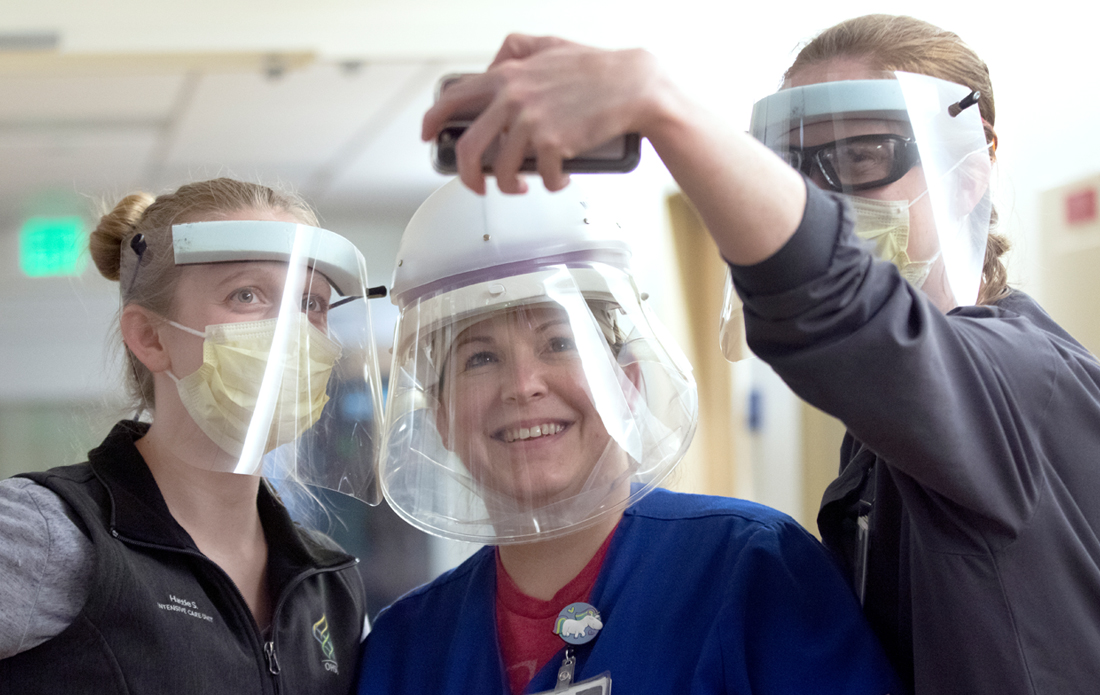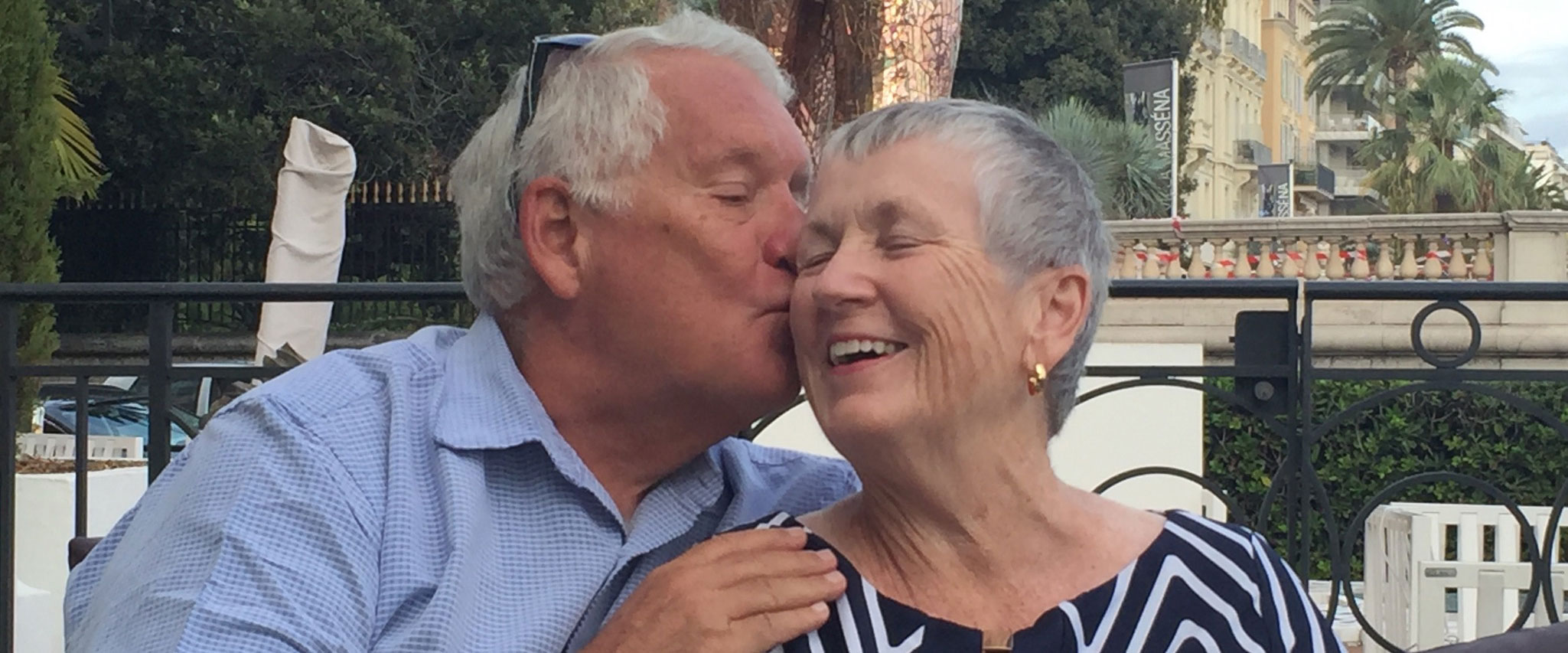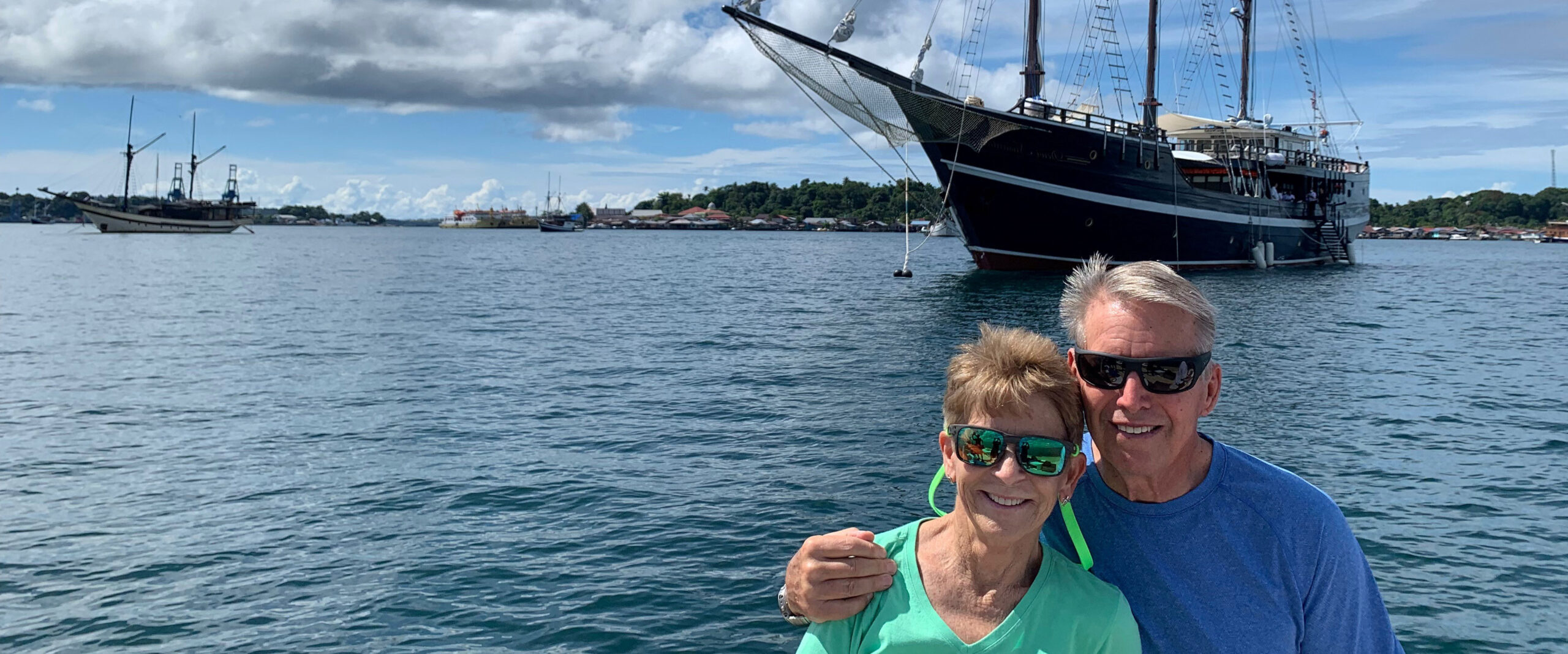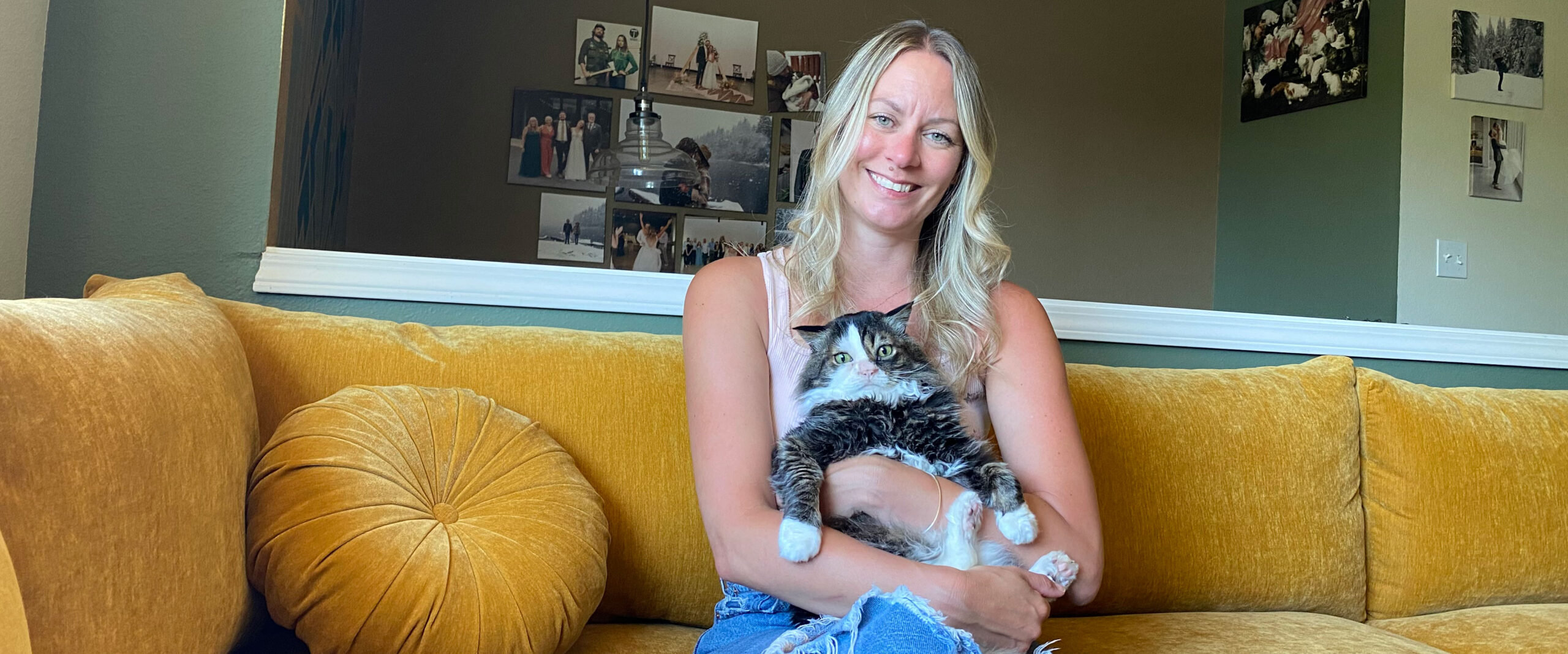Anthony Cheng, MD, an OHSU primary care physician, enjoys family medicine because it puts him at the intersection of science and story. His work as a clinician is grounded in listening to the patient and learning what makes them who they are. Cheng also brings that single-minded focus to his work as the medical director for the COVID-19 Connected Care Center, OHSU’s new hotline and telemedicine service.
The hotline provides a much-needed access point for Oregonians to receive information and care related to COVID-19, protects precious personal protective equipment (PPE) resources by providing telehealth visits when appropriate, and boosts Oregon’s primary care infrastructure, thanks to a $1.6 million donation from the Andrew and Corey Morris-Singer Foundation.
Expanding care across the state
The COVID-19 Connected Care Center is available to patients, the public, and community providers and practices. Although people are first encouraged to contact their primary care provider if they feel ill or have questions about COVID-19, if they don’t have a provider or if that provider is unavailable they may call the hotline at 833-OHSU-CCC (833-647-8222) and speak directly with a nurse. The nurse will evaluate the severity of the patient’s condition, provide education, and coordinate care if necessary. The center can also facilitate care recommendations, same-day virtual visits, access to testing centers, and in-home testing for those who are housebound.
In the four weeks since its inception, the COVID-19 Connected Care Center has handled more than 1,700 calls and hundreds of inbox messages and test results.
In addition, the center has partnered with many statewide organizations — including the Oregon Health Authority, 211, the Oregon Poison Center, Project ECHO (Extension for Community Healthcare Outcomes) and the Portland Fire Department — to connect patients with additional health, mental health, social and economic resources.
“In response to the pandemic, the health system seemingly transformed overnight.”
Anthony Cheng, MD, OHSU primary care physician
Before the Connected Care Center, there was no clear path to care for people who don’t have a primary care provider, leaving many to turn to emergency departments. This puts a financial burden on patients and hospitals and a strain on emergency departments. Now, the Connected Care Center provides a comprehensive “first step” for Oregonians experiencing COVID-like symptoms — and it’s as accessible as a phone call.
The center is also a resource to the state’s providers and practice leaders, collecting and sharing operational and clinical expertise through the hotline by phone and email. “We recognize the important role that frontier, rural and community hospitals and clinics serve,” said Cheng. “We are proud to do whatever we can to help our colleagues weather this storm, whether it is talking through a difficult case or sharing a protocol.”
Resource relief
“We are so proud to provide care to the approximately 20 percent of Oregonians who have no primary care physician,” said Cheng.
The center rallies the expertise of primary care physicians and nurses to the frontlines, where they can evaluate patients using telemedicine technologies and direct them to the appropriate follow-up care in their communities. Most people who develop COVID-19 most likely will not need to go to an emergency department or a hospital, although some may have symptoms that need further evaluation or testing.
“In response to the pandemic, the health system seemingly transformed overnight.”
The center plays a vital role in keeping emergency department services and resources available for life-threatening emergencies, while connecting those with COVID-19 symptoms the appropriate level of care, quickly, throughout the state.
“In response to the pandemic, the health system seemingly transformed overnight,” said Cheng. “The center is an example of that. Within a few weeks, a truly inspired team of health care providers came together. We have helped reassure the worried and directed patients to needed care, even when faced with some highly complex social situations. We are proud of the volume of high-quality care we provide, but we are especially happy when we help someone find a way out of what seems to be an impossible situation.”
Let’s make some noise
Cheng says the resilience of his coworkers, friends and strangers gives him hope.
“One night, after a long day at work, I heard a health care worker tribute from people on their balconies in the South Waterfront district. It brought me to tears. And patients have been much more up-front with their gratitude. This kindness really makes a difference. And I am so grateful to Oregonians for taking the stay at home orders seriously. It’s saved lives.
“After the dust settles, I don’t think any of us will forget the incredible work we are getting done when united by a common purpose,” he said. “The memory of these shared experiences will bring us together in the long run.”
